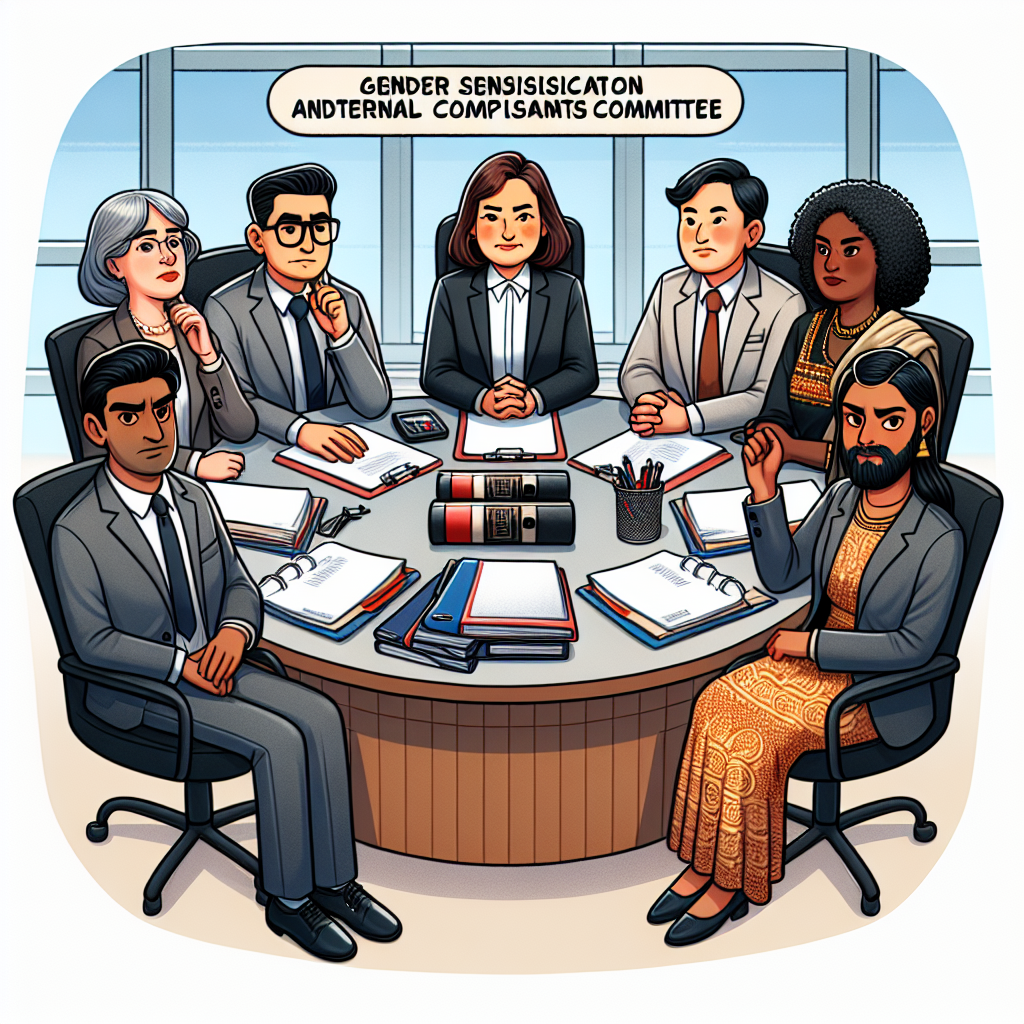Supreme Court Debates Presidential Powers
The Supreme Court contemplates the extent of presidential powers in responding to writ petitions from states citing fundamental rights violations. The Centre argues state governments lack the right to petition under Article 32. The court is considering if timelines should govern the governor's and President's dealings with assembly bills.

- Country:
- India
The Centre posited on Thursday before the Supreme Court that state governments lack the jurisdiction to file writ petitions against actions taken by the President and governors, particularly concerning bills passed by assemblies and the potential violation of fundamental rights.
Solicitor General Tushar Mehta, representing the Centre before a five-judge Constitution bench led by Chief Justice BR Gavai, conveyed that the President is seeking an advisory opinion from the apex court. This involves states filing writ petitions under Article 32 over alleged violations of fundamental rights and clarifying the scope of Article 361, which shields the President and governors from court accountability in the exercise of their official duties.
The bench, which includes Justices Surya Kant, Vikram Nath, PS Narasimha, and AS Chandurkar, heard that the President desires the court's view to establish clarity on legal positions that may arise in the future. They debated whether the state can invoke Article 32 concerning the actions of governors and the President, considering Article 32 pertains to the violation of fundamental rights, which state governments fundamentally do not possess.
(With inputs from agencies.)
ALSO READ
Justice Reddy: The Opposition's Champion for India's Constitution
Indian Football Faces FIFA Threat: Constitution Deadline Looms
Constitutional Battles: Allegations Against Modi Government's Legal Maneuvers
RSS does not respect Constitution because it guarantees equal rights to everyone, alleges Rahul Gandhi in Bihar rally.
People must protect their right to vote to safeguard Constitution: Rahul Gandhi










